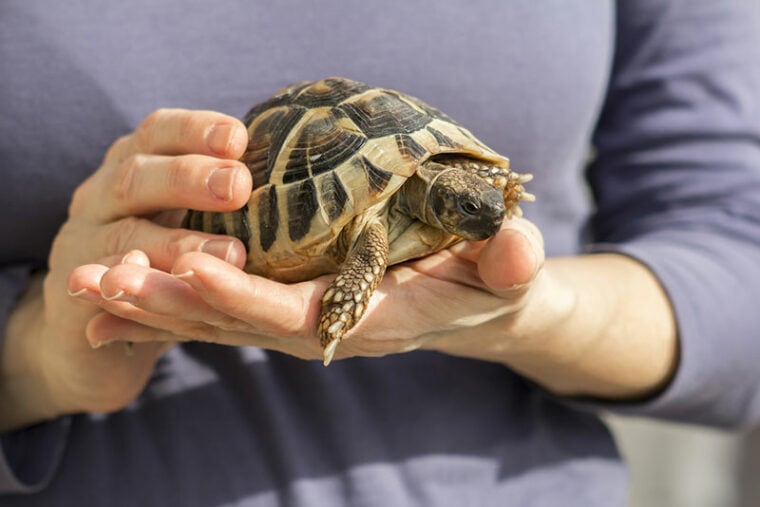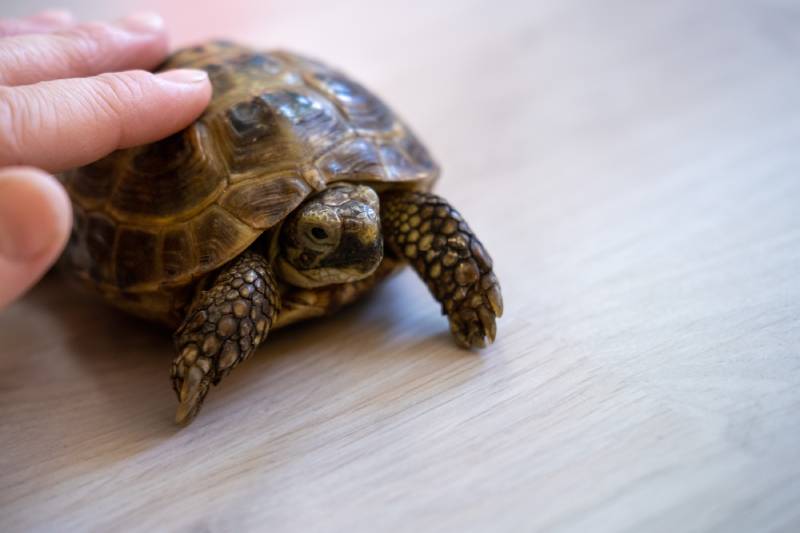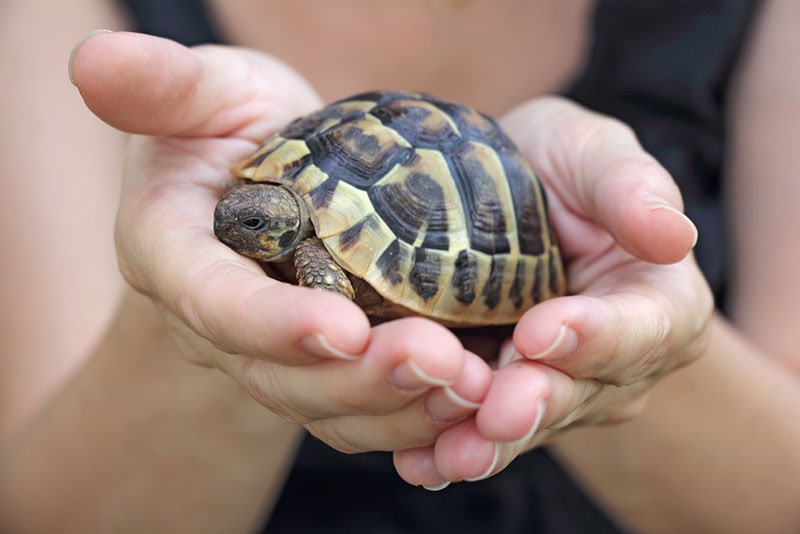
Turtles are unique in every sense of the word. Did you know their sexes are primarily determined by their nests’ incubation temperatures? If the temperatures are warm, the hatchlings produced will be female. And if the temperatures were a lot cooler, the hatchlings come out as male.
One other fact that you probably didn’t know is that they are one of the oldest reptiles on our planet. Most of their species can live for decades, hence the reason why some people view them as lifelong companions.
But what if you no longer have the faculties to care for your turtle responsibly? Is it possible to rehome or surrender them to someone else (or an organization) who’ll provide a safe and healthy home, while catering to their every need?
Well, the answer is yes! The best option you have for rehoming an unwanted pet turtle is to surrender them to a pet rescue organization or sanctuary. This guide will show you how you can go about the process, without compromising the turtle’s current lifestyle or health.
Why You Shouldn’t Release Your Pet Turtle into the Wild
You might think it’s okay to release your pet turtle into any water body because that’s their natural habitat. However, doing this is a mistake.
Your particular turtle species might not be native to that specific water body, thus upsetting the already delicate, but balanced, ecosystem in the area. To survive, they’ll be forced to compete with endemic species for limited resources, and that’s not how nature intended things to be.
You also have to think about the environmental conditions. It’s no news that rivers, lakes, oceans, and even pond conditions are different around the world, due to various factors. They usually come with varying salinity, pH levels, temperature, etc.
The point is, your pet turtle might be used to conditions that are not so similar to those that are in your area.
For example, if your species is the Green Sea Turtle, which mostly eats algae and seagrasses, it could significantly contribute to a rapid increase in a population that could wipe out all the vegetation in the area. Besides helping in the production of oxygen, vegetation is also responsible for the improvement of our planet’s water quality.

Surrendering Your Turtle to Rescue Organizations & Sanctuaries
One of the best ways of rehoming an unwanted pet turtle is to surrender them to a pet rescue organization and sanctuary. We know these non-profit entities are often overwhelmed given their limited resources, but they normally do their best to support unwanted pets and other animals.
It’s also important to add that they don’t always welcome new animals, as unrestricted access to their facilities could compel them to start putting other animals down, in order to create more space.
Rehoming Your Pet Turtle
The only reason why we advocate for rehoming turtles instead of surrendering them to rescues is that we don’t want to contribute to their current woes. By the way, not all people only love dogs and cats as pets. Some also love turtles and are ready to make lifelong commitments.
But before rehoming your turtle, you have to do your due diligence. Conduct interviews and learn as much as you can about the families that are willing to adopt your buddy. This is a crucial step in the process because it will reduce the risk of abuse and/or neglect, as well as guarantee that the pet gets a satisfactory accommodation.
Don’t just ask questions but visit their homes as well. Spend some time with your turtle’s potential adopters, to learn more about the other pets. Steer clear of parents with aggressive animals, especially the kind that would treat your turtle as prey. Finding good people is not that difficult, as you could utilize the power of social media or talk to friends and family members. Members of your local Humane Society will also be glad to help, seeing as they are passionate about animal safety and health.

Conclusion
Turtles are not your typical pets. They are only suitable for households looking to commit long-term, as they have a really long lifespan. If you no longer have the means to take care of your turtle, you could surrender them to a rescue organization or reach out to a family that’s willing to adopt them.
Featured Image Credit: Ivan Smuk, Shutterstock








